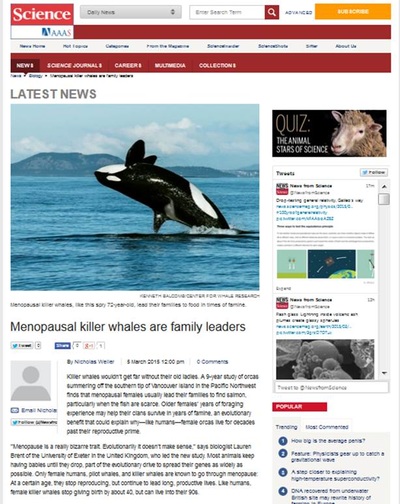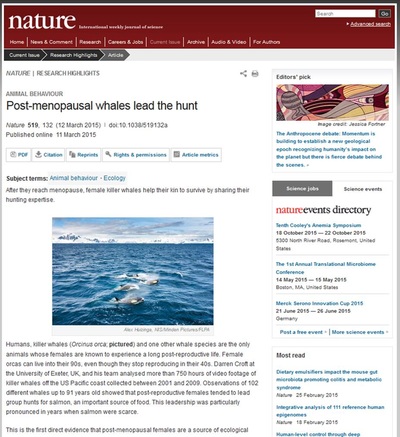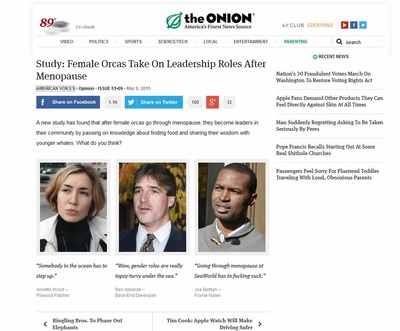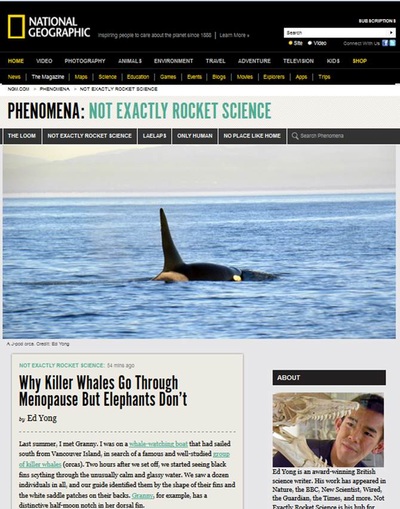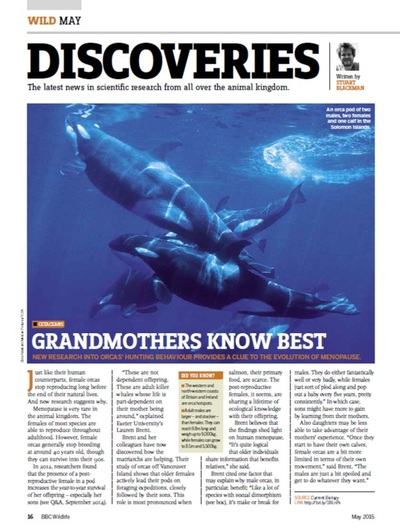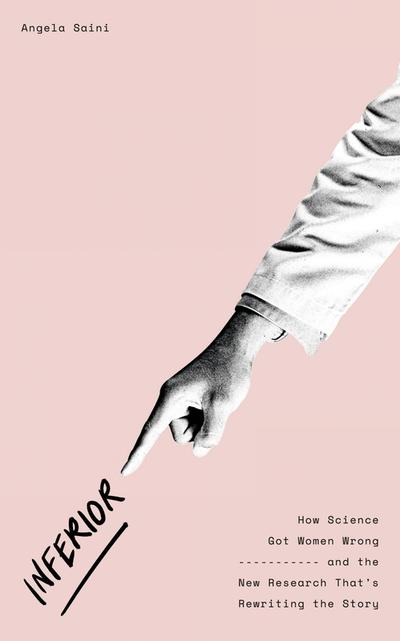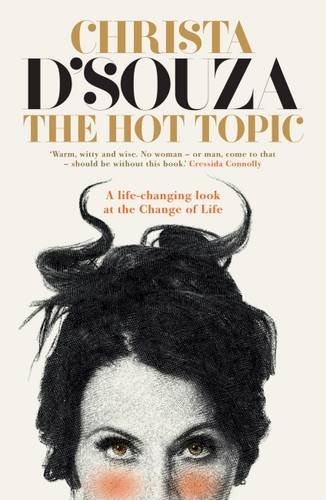Funding
|
My work is/has been funded by the European Research Council (ERC Consolidator Grant, FriendOrigins - 864461), the National Institutes of Health (NIA, R01060931, R5607102, R01AG084706; NIMH, R01118203, R01096875), The Leverhulme Trust, the Royal Society, NERC, the Association for the Study of Animal Behaviour, the Nathan Shock Center of Excellence in the Basic Biology of Aging, the Natural Sciences and Engineering Research Council of Canada (NSERC), The Leakey Foundation, the Duke Center for Interdisciplinary Decision Sciences, and the International Primatological Society.
|
Current and Recent Research Projects
|
1. Social dynamics and environmental disturbances
We are exploring how environmental disturbances alter social ties and their adaptive function, and the downstream impacts these factors have on the aging process. Check out some of our work here, here and here. 
2. Evolutionary origins of friendship
Did friendly social relationships evolve and if so, what function to they serve? That is, what challenges do these relationship help individuals to solve? In my ERC-funded project, FriendOrigins, my team have set out to answer these and other questions. 
Macaques that are better connected in their social networks have greater infant survival and are themselves more likely to survive (see also here). Some network measures are heritable and repeatable.

A summary of what we currently know (and don't know) about 'friend of a friend' connections in animal social networks, including their fitness consequences can be found here
|
|
3. Social Aging
We are examining how social processes change across the lifespan and the costs and benefits associated with those changes. I am also working in collaboration with colleagues at ASU, NYU, UPenn and UPR to establish whether social processes impact the rate of biological aging. Just like humans, female rhesus macaques shrink their social networks as they age, with consequences for the structure of their societies. Reasons for altered social behaviour in old age are many-fold - see a quick summary here.
Our paper about how leadership and ecological knowledge contributes to the inclusive fitness of menopausal killer whales (Brent et al. 2015 Current Biology) received some terrific media coverage
|










